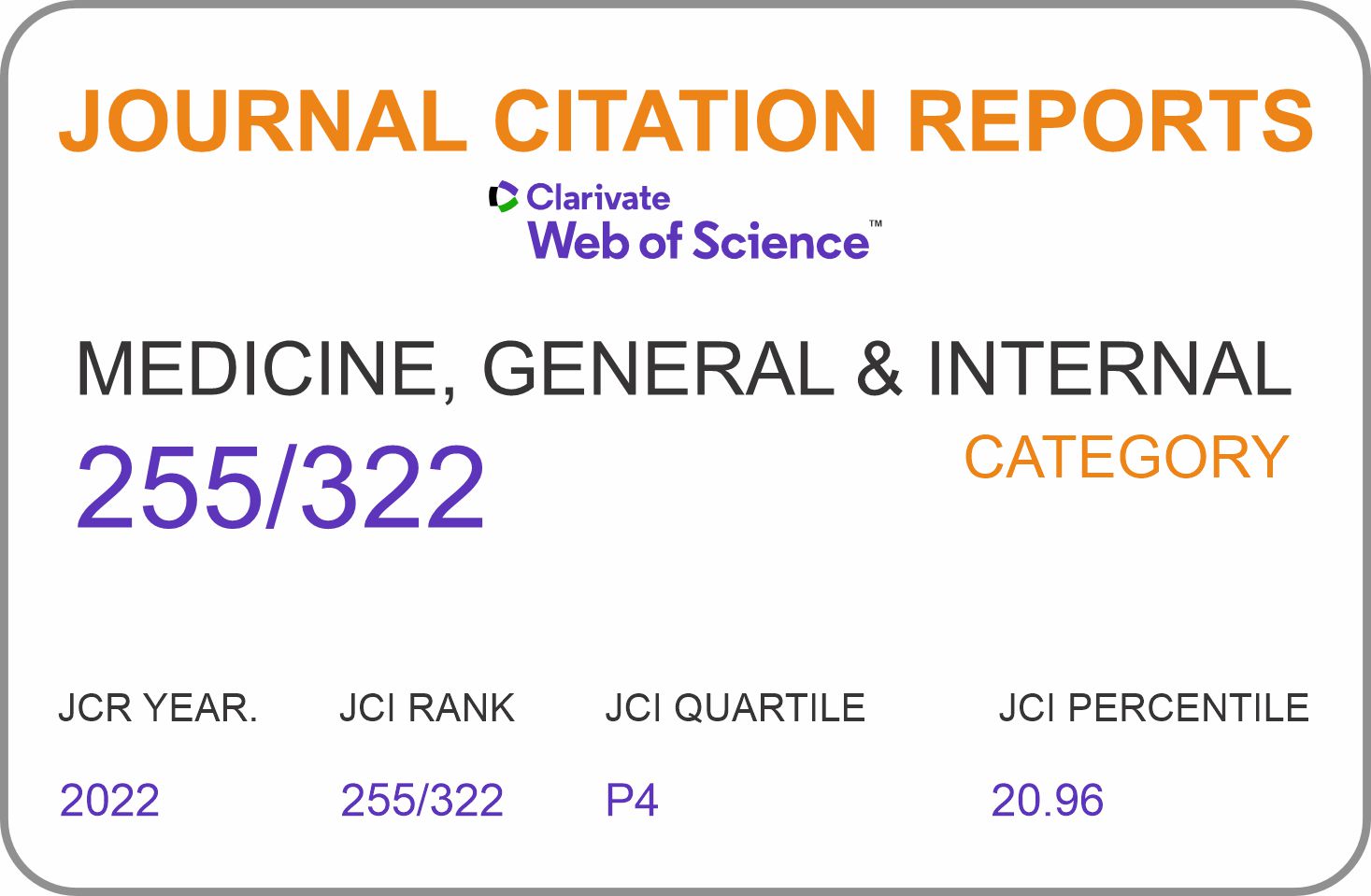Predictive model of neonatal hypoglycemia in a public hospital north of Peru: Case-control study
DOI:
https://doi.org/10.35434/rcmhnaaa.2020.133.739Keywords:
Hypoglycemia, Infant, Newborn, Risk FactorsAbstract
Introduction. Neonatal hypoglycemia is the most common and early metabolic disorder of the newborn, which can cause everything from transient irritability to states of seizure, apnea and death. The objective was to determine the risk factors associated with hypoglycemia in term newborns in a public hospital in northern Peru by creating a predictive model using logistic regression. Material and methods: The study presented a 1:1 paired case-control design, with a sample of 58 cases and 58 controls, based on the presence or absence of neonatal hypoglycemia. Maternal and neonatal variables were analyzed: gestational age, weight of the newborn, sex of the newborn, type of delivery, use of steroids, induction of labor, being the child of a diabetic mother, intrauterine growth restriction (IUGR), mother with pre-birth hydroelectrolytic disorder, meconium aspiration syndrome, and perinatal stress. Results: In multivariate analysis, child born to a diabetic mother was observed to be a risk factor for the development of neonatal hypoglycemia (OR 4.08, 95% CI 1.31-14.18, p=0.02). Conclusion: There is a significant association between being a child of a diabetic mother and developing neonatal hypoglycemia.















